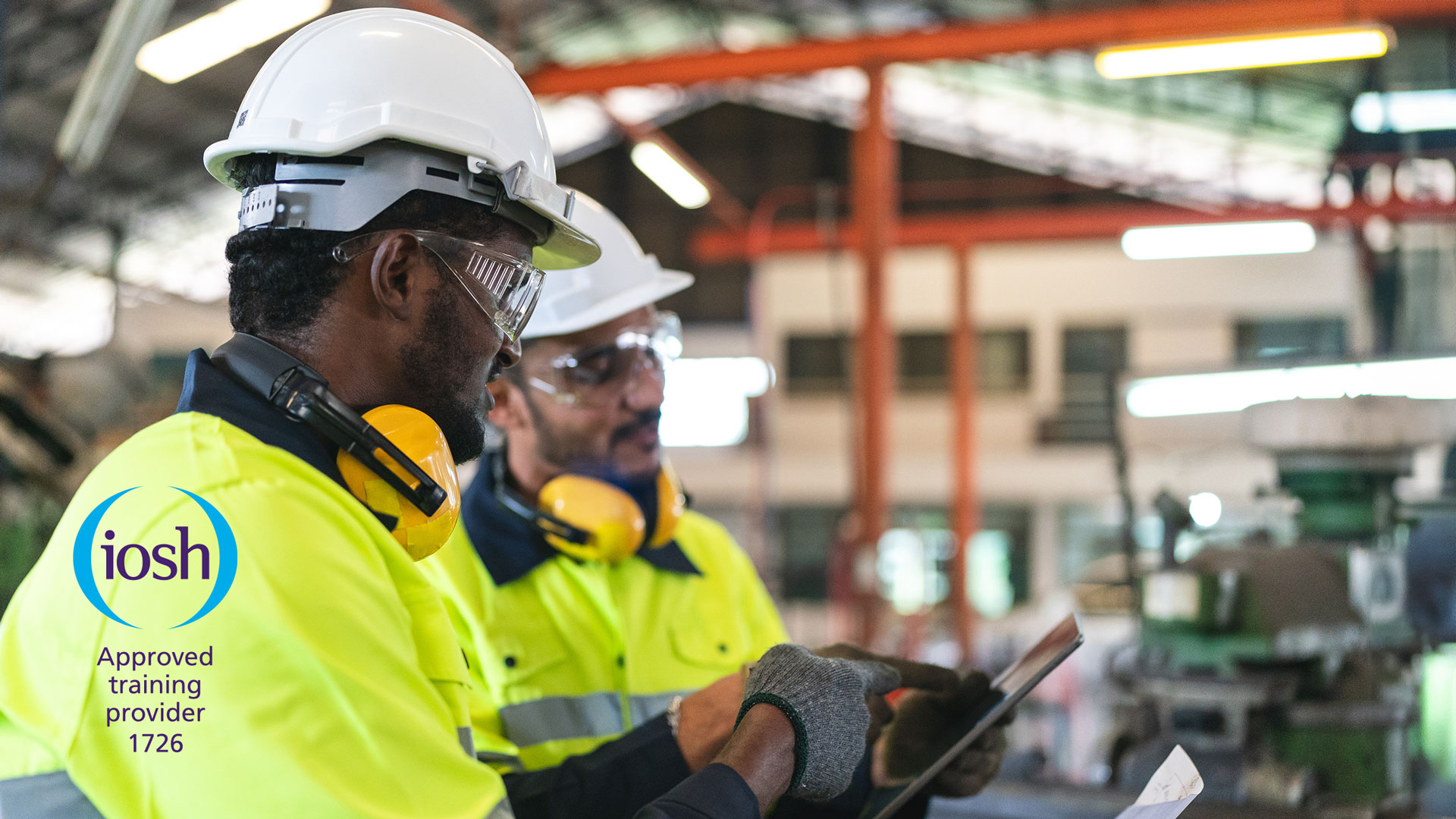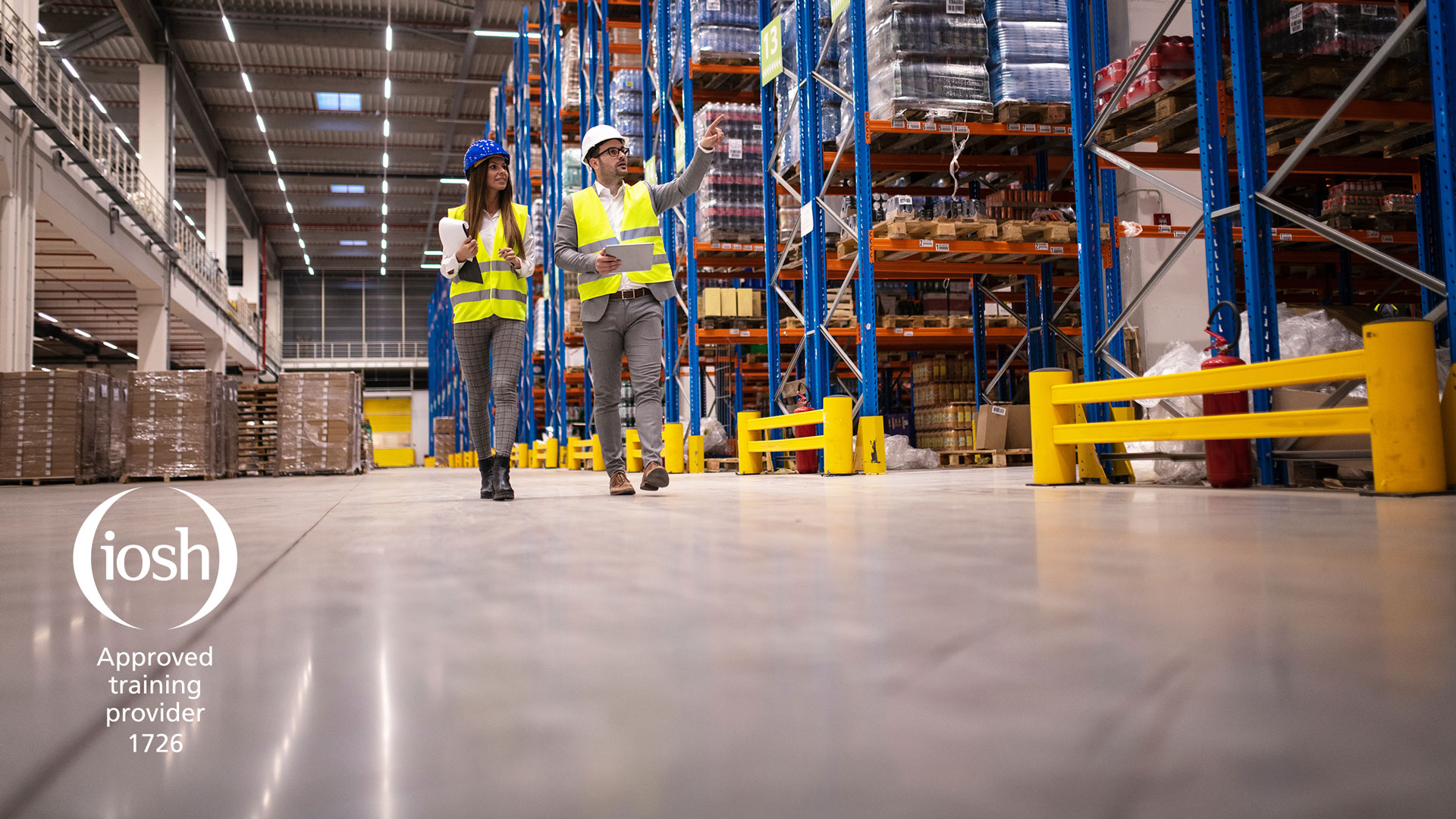Employers are breaching official guidance by forcing staff to “needlessly” work in offices and other workplaces, which points to a wider health and safety enforcement crisis, the TUC has warned.
New TUC polling reveals that nearly one in ten (nine per cent) of staff have been put under pressure by bosses to return to the workplace – a number that rises to over one in six (17%) for disabled workers. This is contrary to current Government guidance – and the union body says it is “the tip of the iceberg” of employers ignoring their health and safety responsibilities.
Breaching government guidance
The TUC says the Government must send a “clear message” to employers not to breach the current guidance - which states that people should work from home if possible – to reduce community transmission and keep workers safe. This week’s polling reveals that one in four workers (25%) are working from the office or other workplaces despite being able to work from home. The union body says employers have a duty to make sure their staff are safe.
Until such time Government guidance changes, workers should not be required to work from their office or workplace if they can do their job from home, and companies should make use of the furlough scheme if they cannot enable workers to work from home.
Health and safety concerns
The polling also reveals that many employers have still not taken the necessary action to ensure that workplaces are COVID-secure:
- Nearly half of workers (46%) say their employer has not taken technical measures to improve airflow at their workplaces.
- Three in ten staff (29%) said they were not consulted by their employer on a COVID-secure risk assessment.
- One in six staff surveyed (17%) say they have not been given Personal Protective Equipment (PPE).
- One in ten (11%) say that social distancing still isn’t enabled in their workplace.
The TUC says that at present workers have little recourse if their employer forces them to come into the workplace when they could do their job from home.
The union body says that ministers should tell workers who are inappropriately told to come into workplaces to call the Health and Safety Executive (HSE) – this should then trigger a spot check from the HSE.
If staff are not reasonably enabled to work from home, the TUC says, this may be evidence that the employer has ignored their responsibilities and is breaking health and safety law. Employers who unreasonably require workers to come into the workplace when their job can be done from home should be fined.
Enforcement crisis
To date, not one company in Britain has been prosecuted and fined for breaching COVID-19 safety rules – despite outbreaks at many workplaces.
The TUC is calling on the government to step up enforcement against companies who take risks with workers’ safety. The TUC says the HSE and local authorities must clamp down much harder on bosses who put staff at risk – and must have the resources to do so.
The union body is calling for the Government to reverse cuts of the past decade to the HSE, which it says left Britain “under-prepared and vulnerable” to the pandemic.
The last ten years have seen real term cuts of 50% to the HSE budget, on top of local authority budgets being slashed. There has also been a dramatic decline in inspections. There were 27% fewer HSE inspections carried out in the UK in 2019 than 2011, amounting to a fall of over 5,700 a year.
TUC General Secretary, Frances O’Grady, said:
“We all want to beat this virus once and for all. But some employers are still needlessly requiring workers to come into workplaces when they could work from home – and this is the tip of the iceberg of bosses ignoring their health and safety responsibilities. Employers should not be able to ignore Government safety guidance with impunity. It puts workers at risk and increases community transmission.
“The Government must send out a clear message to employers to play by the rules or face serious action. When the Government does move to unlock the economy, we need workers to be confident their workplaces are safe and COVID-secure.
“So, ministers must fund enforcement bodies properly so they can recruit and train qualified workplace inspectors, inspect more workplaces, and prosecute companies who don’t keep their workers safe.”
The TUC is calling on the government to get a grip on COVID-19 workplace safety and:
- Require the HSE to follow up all reports of workers being forced into workplaces with a spot check.
- Fine employers who force workers into workplaces unnecessarily.
- Clamp down much harder on rule-breaking bosses, including those who are still not meeting the legal requirement of conducting a risk assessment.
- Require the HSE to designate COVID-19 a “serious” workplace risk rather than just a “significant” workplace risk, which has led to a foot-dragging approach to enforcement.
- Make sure there is enforceable COVID-secure guidance for every type of workplace once restrictions have ended, developed in consultation with unions and employers.
You may also be interested in
RELATED CONTENT
RELATED COURSES

Introduction to health and safety gives learners a basic introduction to managing safety in their workplace.

The world’s best-known health and safety certificate, designed for managers and supervisors in any sector or organisation.

IOSH Working Safely is a one-day introductory health and safety training course for people at any level, in any sector.

IOSH Managing Safely Refresher is designed to provide continued support to managers dealing with workplace health and safety issues.

Health and safety at work is a serious business; getting it wrong could end up costing someone their life. It stands to reason that there should be so...

The legal term ‘reasonably practicable’ plays a crucial role in determining the level of care and precautions required in different areas of law, such...

Vicarious liability can be a formidable challenge for employers, causing responsibility to extend beyond the individual and creating shared accountabi...

Although we are edging closer to spring, many of us are still being affected by wintery weather and the shorter daylight hours. So, what can you do to...